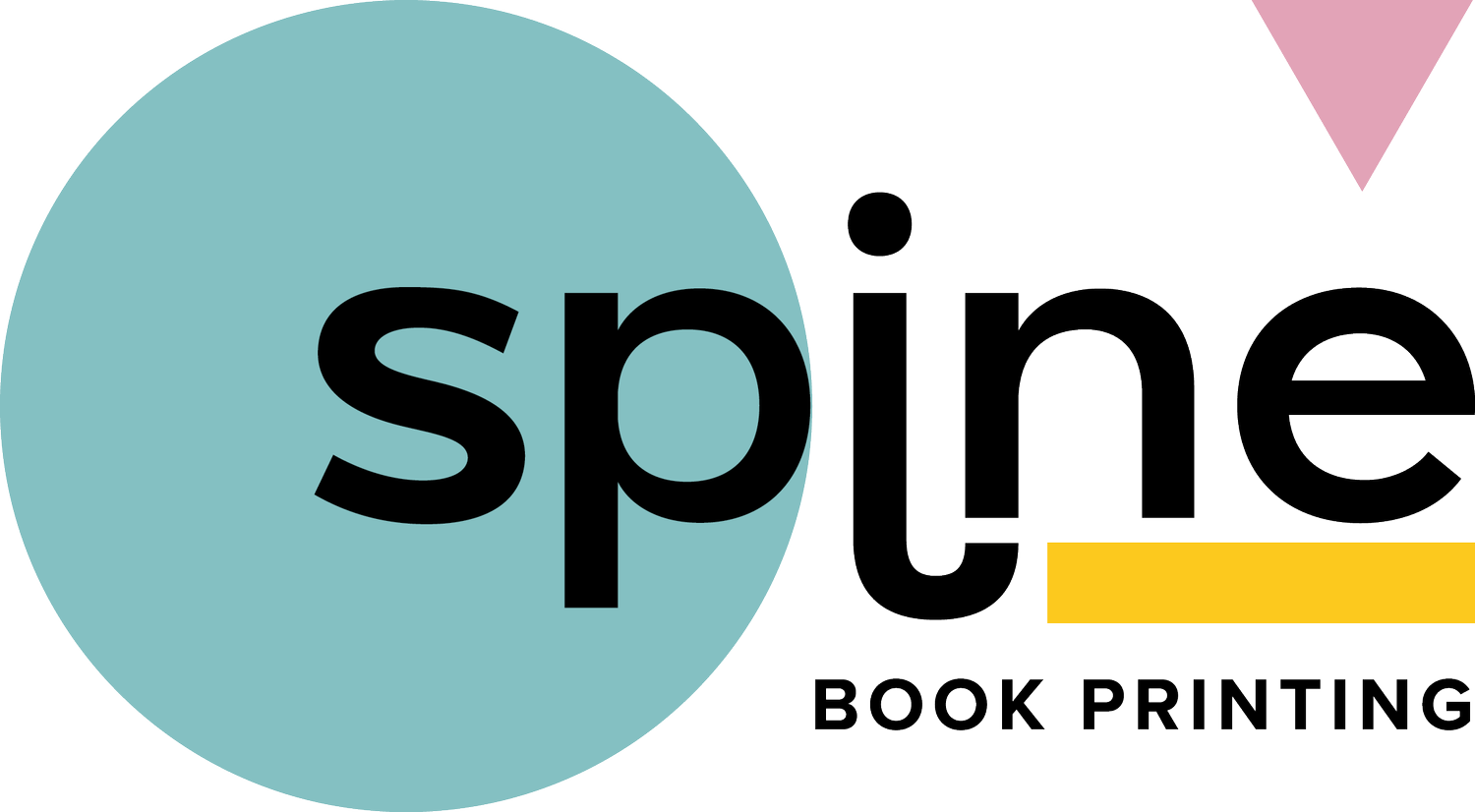What Helps Writers Overcome Creative Blocks
Every writer, no matter how experienced, hits a point where the words just don't come. You're staring at the screen, fingers poised, but nothing happens. It's not that you’ve run out of ideas, it’s more like your creativity's taken a sudden nap, and no amount of coffee seems to help. This is what many call a creative block, and it's far more common than people realise.
Finding your way out of these creative dry spells isn’t about waiting for inspiration to magically show up. It’s about getting your mindset in the right place, shifting ideas into motion, and remembering why you picked up a pen or sat at the keyboard in the first place. It often comes down to two things: motivation and goal-setting. When used right, these can spark the clarity and momentum you need to keep writing. Let’s break down what causes those blocks and how to start moving again.
Understanding Creative Blocks
Creative blocks can show up in more than one form. Sometimes it’s the classic writer’s block, that blank screen that stays blank for far too long. Other times it’s a lack of energy, or that nagging feeling that everything you're writing just sounds wrong. No matter how it shows up, it’s frustrating and often leads to a drop in confidence.
There are many reasons writers face creative blocks. Some of the most common include:
- Fear of not being good enough
- Perfectionism or a need to get it all right on the first try
- Mental fatigue or burnout
- Distraction from daily stress or personal life
- Losing touch with your “why” — the reason you started writing
It’s worth remembering that creative blocks are also emotional. When you’re stuck, you might feel anxious, annoyed or even embarrassed. These feelings don’t go away easily, especially if you're juggling work, life responsibilities, or looming deadlines. For many writers, a creative block can even make them question whether writing is really something they’re good at. That doubt can stop a project in its tracks.
One example is writing a personal novel and hitting a point where you just can’t progress past chapter four. Even though the plot is mapped out and the characters are clear, every sentence feels forced. You tuck the manuscript away for “a week” and suddenly it’s been three months since you looked at it. That’s how quickly creative blocks can derail progress.
The first step to breaking out of that stuck place is accepting that this happens to many writers. It doesn’t mean anything is wrong with your talent. But it does mean your process might need a gentle reset.
Practical Tips To Jumpstart Creativity
When your brain feels stuck, the best way to stir things up is by changing what you’re doing, even just for a short while. Creativity doesn’t always respond to pressure, but it does react to change.
Try some of these actions the next time the page goes quiet:
1. Take short breaks and do something new: Step away for a walk, make a cup of tea or tidy part of your workspace. Even ten minutes doing something different can push your brain in a new direction.
2. Change your writing location: If you always write in the same spot, try another room or take your notebook to a local cafe or park. A fresh atmosphere helps break predictable thought patterns.
3. Doodle or sketch: You don’t need drawing skills. Just grab a pen and make shapes or marks. It’s a simple way to let your brain switch out of writing mode but stay creatively active.
4. Freewrite: Set a timer for ten minutes and write whatever pops into your head without editing. No rules, no structure, just words. You’ll be surprised at what surfaces when you're not trying to be perfect.
5. Play with prompts: Give yourself random themes or character scenarios. These small, stress-free challenges can jumpstart ideas that were stuck behind the pressure of your main project.
6. Listen to music, read something short or watch a short film: Consuming different forms of creativity often helps put your brain into creative gear. Pick something light or completely unrelated to your current project.
Doing something small to stir your thinking can be just the spark you need. The goal isn’t always to get back to your major project right away. Sometimes, it’s just about getting your brain to say, “I can make something again.” Once that switch flips, the rest becomes easier.
Setting and Achieving Writing Goals
When you’ve been stuck for a while, it’s easy to drift without structure. That’s where goal-setting comes in. It keeps things grounded and gives you a clear way to measure progress. Writing goals don't need to be big or impressive. In fact, the smaller and more specific they are, the more likely you'll follow through on them.
Let’s say you want to finish a novel. That’s a great long-term goal, but on its own, it might feel overwhelming. Breaking that goal into smaller chunks like “write 500 words a day” or “finish chapter one this week” makes it easier to stick with. These bite-sized targets turn progress into a habit rather than a struggle.
Here are a few tips that can help shape those goals and stick with them:
- Be specific: Rather than saying “write more,” aim for something like “write for 20 minutes before lunch.”
- Make it realistic: Consider how much time and energy you have each day. Adjust your goals to fit your schedule, not someone else’s.
- Track your progress: Keeping a notebook or digital tracker makes it easier to see how far you’ve come and gives a motivational boost.
- Build in rewards: Treat yourself when you hit a writing target. It doesn’t have to be big — maybe a snack, a break or an episode of your favourite show.
- Be flexible: Life changes. Writing goals should shift with it. If you fall off track, press reset and keep going without feeling guilty.
Over time, writing goals shift from being something you force to something that becomes part of your rhythm. They give structure to your creativity without boxing it in. On days when motivation is low, those goals become the gentle push you need to keep going — even if it’s just a handful of words.
Building a Supportive Writing Routine
Even the best writing advice won’t stick without some kind of routine to back it up. A thoughtful writing routine helps create the kind of mental space where ideas grow. You don’t need to write at the same hour each day, but having a loose pattern can reduce decision fatigue and help you ease into writing more naturally.
Start by setting up a space where you can write without too many distractions. This doesn’t have to be fancy — just somewhere you feel comfortable, and where outside noise or open screens won’t constantly pull your attention. A small desk in the corner, a quiet spot by the window or a local library can work well. Keep your tools nearby — whether that’s a notebook, laptop or just your favourite pen — so it’s ready when you are.
Try choosing a regular time of day to write, even if it’s a short slot. It might be early morning before work or twenty minutes after dinner. The more often you show up at the same time, the easier it is for your mind to switch into writing mode.
Finding a writing community can be a huge help too. When you’re part of a group — whether it’s a local writers’ circle or an online community — you get a quiet push to keep going. Checking in with others, trading feedback or even just chatting about your projects helps make writing feel less isolated and more supported.
Sometimes, just hearing what someone else is working on sparks ideas for your own writing. And on days when things feel slow, a bit of encouragement from someone else can remind you that you're not alone.
Keep Moving Word by Word
Creative blocks can feel overwhelming. But you don’t need a massive change to move past them. A change of your environment, a short new habit, or a clear way to track your progress makes more of a difference than you might expect. Writing doesn't always mean waiting for the right moment. Often, it’s about returning to the page consistently enough that ideas have room to build.
All writers get stuck at times. What counts is how you find your way back. You don’t have to write thousands of words at once. One paragraph can be enough to rebuild momentum. One good sentence can clear the fog. Some days might only give you five words — but if you keep showing up, the story keeps growing.
Revitalise your writing journey with the perfect printed format to match your hard work. At Spine Book Printing, we help turn your creative goals into reality, no matter where you are in your writing process. Explore our range of options in self-published book printing and discover how a beautifully printed book can inspire new creative possibilities. Let us support your path from overcoming writer's block to holding your finished piece in your hands.

